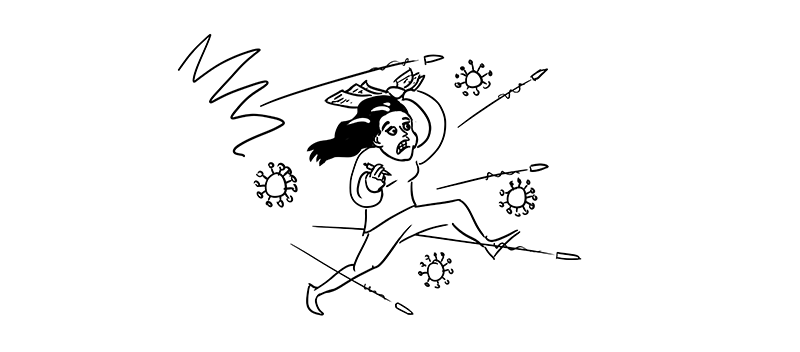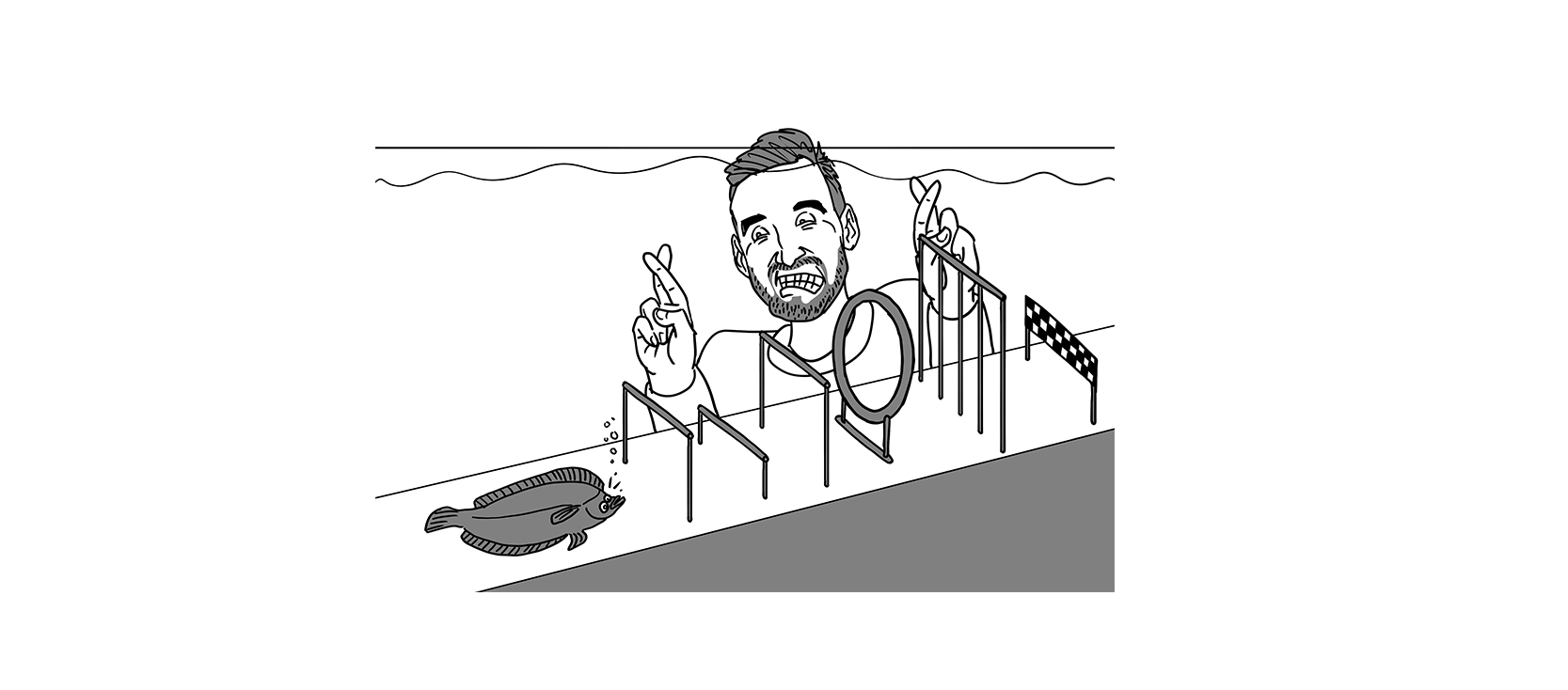A failed experiment, a rejected article: in academia such things tend to be labelled failures. As for talking about it? Not done! But that is just what WUR co-workers do in this feature. Because failure has its uses. This time we hear from Dawn Cheong, a PhD student of Rural Sociology.
‘Six years ago, I started my PhD research and made a choice that caused me quite a few problems. I study the gendered impact of agricultural innovation in lower income countries. I decided to focus on Myanmar, a country that by 2018 had only been accessible to the rest of the world for 10 years. But there were still strict rules in place, so I aimed to have everything meticulously arranged. I tried to get a research visa through a university in Myanmar but that proved impossible. Luckily, I found a local research organization that helped me to access the farming communities.
I had just started my research in Myanmar when COVID broke out and I had to rush back to Wageningen. A year passed as I helplessly — and somewhat in panic — watched my PhD trajectory get delayed further. Just when I thought the worst was behind us and travel restrictions were slowly easing, the military in Myanmar staged a coup. With my research area situated right in the middle of a conflict zone, returning to Myanmar became impossible. Meanwhile, my research had already accumulated a two-year delay. Ultimately, relocating my study to another country (Nepal) became the only option. Now, six years after initiating my doctoral research, I am finally about to complete my study.
It was a stressful period with a lot of uncertainty, but the situation did put everything into perspective for me. While of course I was concerned about my dissertation, my foremost worries revolved around my friends and colleagues in Myanmar.
Just when I thought the worst was behind us, the military in Myanmar staged a coup
Some people would label my delay as failure, others as bad luck. For me, these unforeseen twists show how society seeps into science. We may be confined to our research bubble, but political and institutional failures on the other side of the world can impact us. Together, we need to build the resilience to cope with such issues.’

 Illustration Stijn Schreven
Illustration Stijn Schreven 

